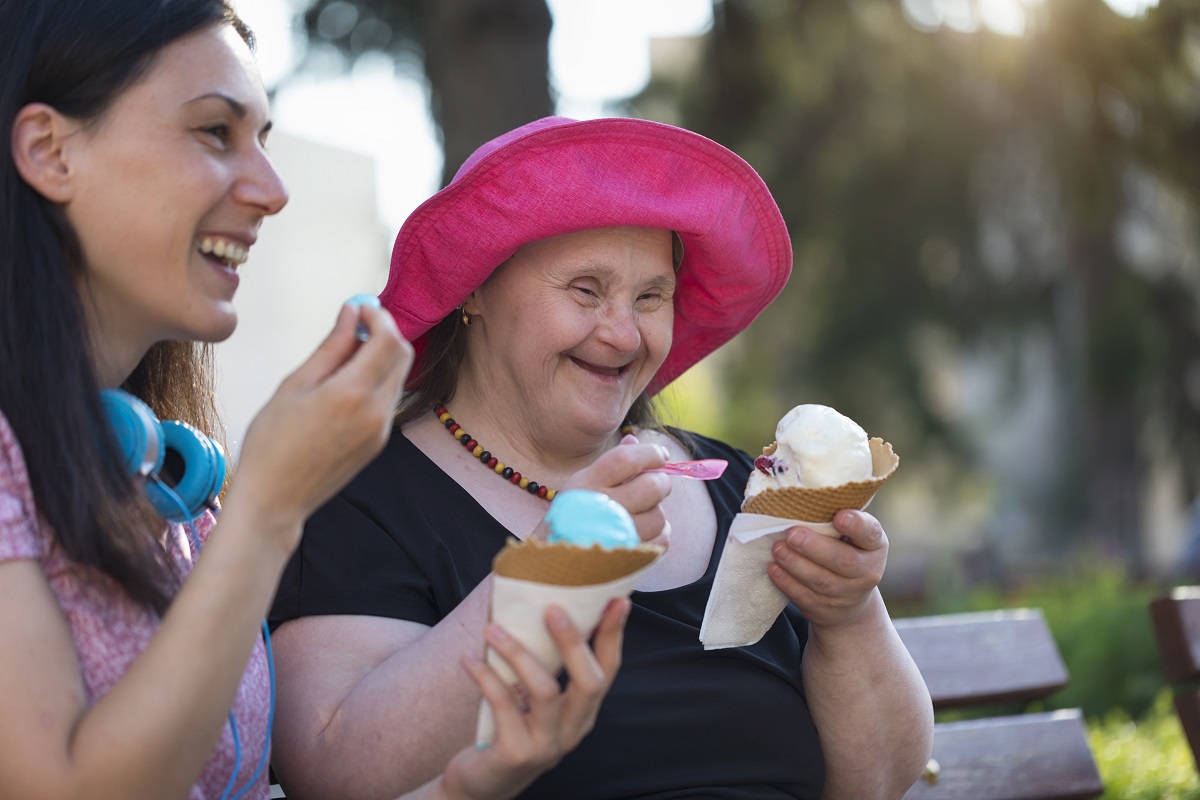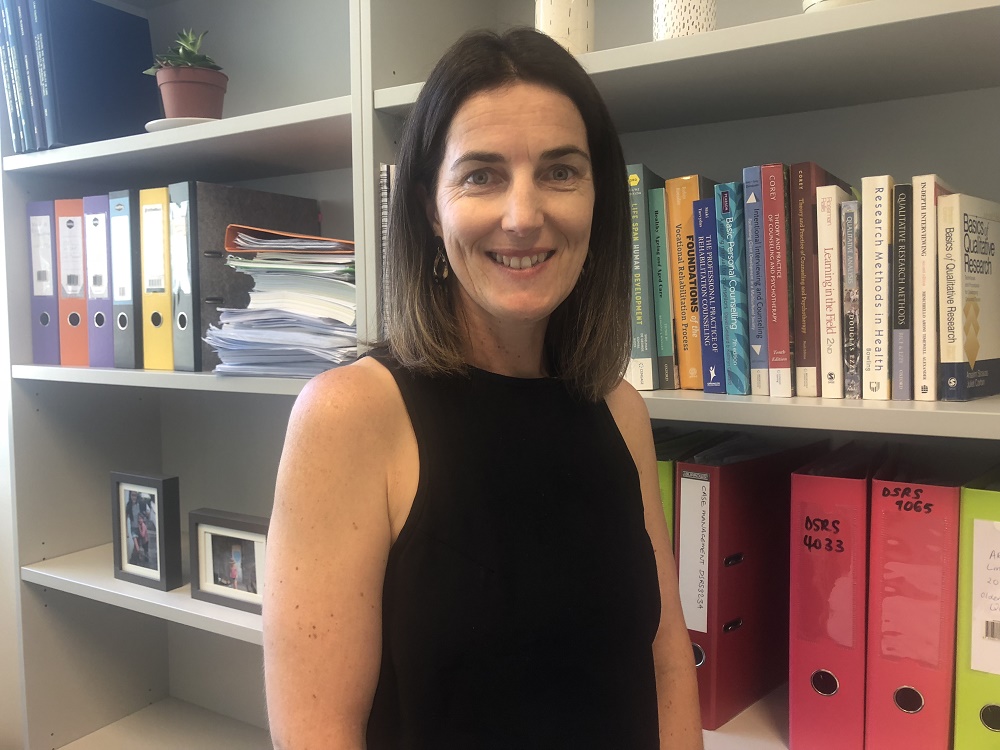
A new project led by Flinders Caring Futures Institute researcher Associate Professor Ruth Walker is investigating how to better support people with intellectual disability plan their housing needs as they age.
Over the next three years, the Australian Research Council Linkage-backed project aims to identify what determines a successful transition out of the family home for people with intellectual disability who need or want to find alternative accommodation.
With a background in social gerontology and experience in the disability field, Associate Professor Walker says the transition is often a challenge due to the sheer number of options available, and difficulties in navigating the system.
“People with disability want to live independently and make their own choices about who they live with and where they live, but when it’s time to move out of the family home their transition isn’t always a smooth one.”
Despite people with intellectual disability living longer lives and often outliving their parents, research indicates many families don’t plan for the future. People with intellectual disability often remain at home until a crisis occurs (such as a parent becoming unwell or dying), forcing them and their loved ones to act. Options can be vast – from moving to shared, purpose-built accommodation with strangers to building or buying a house they may co-habit with someone they know.

“This research is looking at one aspect of the issue of what happens when people haven’t put future plans in place when they need to find alternative housing arrangements.”
In conducting two qualitative phases of the research, Associate Professor Walker says the research team will speak to people with intellectual disability and their families who have experienced the transition to define the barriers and facilitators around the process, and the services they found useful, as well as interviewing those who are planning to make the transition.
“We know that people with intellectual disability are more prone to health issues such as dementia at an earlier age and are often at greater risk of social isolation as they often experience a more sudden rather than gradual withdrawal from everyday activities, such as retirement from work.
“We’re wanting to find out their preferences. What sorts of living arrangements do they want? We know anecdotally that there’s no one-size-fits-all approach,” Associate Professor Walker says, adding that many people with intellectual disability don’t necessarily want to live in a group home or institutional facility.
Separately, the team hopes to recruit 200 families to take part in a quantitative survey to measure people’s preferences. Participants will be sourced from across Australia.
It’s hoped improving pathways for people with intellectual disability will lead to better outcomes, helping them navigate the options available to them through the NDIS and housing providers.
“It’s a basic human right for people with disability to be able to choose where and how they live and what their life looks like, but planning ahead is critical,” Associate Professor Walker says.
The research team aims to develop resources and tools, co-designed with people with intellectual disability, families and service providers, to help individuals prepare for a transition and to facilitate decision-making.
“I think government needs to recognise this cohort as a unique and growing group that really needs support,” Associate Professor Walker argues. “The project will aim to benefit individuals with intellectual disability, government and the disability and ageing sectors by developing an evidence-based framework for ensuring positive transitions out of the family home.”
Associate Professor Walker is joined by fellow Flinders Caring Futures Institute researchers and co-investigators, Dr Claire Hutchinson and Dr Fiona Rillotta, as well as Research Associate Dr Irene Belperio. Mr Tim Adam brings lived experience and is employed as a co-researcher on the project to ensure the project and outputs are informed by and accessible for people with intellectual disability. Researchers from the University of Melbourne and Latrobe University and industry partners round out the project team.

